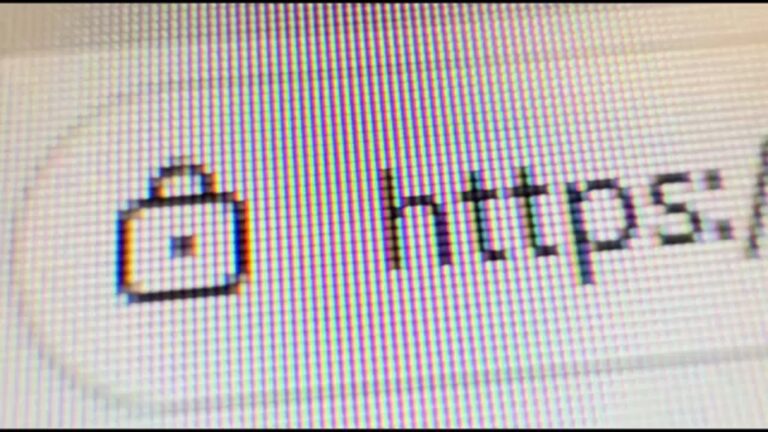
When you’re not feeling well, getting a doctor’s note may seem like a surefire way to protect your job. After all, it’s medical proof that you’re genuinely unfit to work. But what happens if your employer doesn’t accept it? Can a job legally refuse a doctor’s note? The answer isn’t always black and white.
In this article, we’ll break down your legal rights, employer responsibilities, and what to do if your doctor’s note is questioned or denied. Whether you’re an employee trying to protect your job or an employer seeking clarity, this guide covers the essentials.
Understanding the Purpose of a Doctor’s Note
A doctor’s note is a written recommendation from a healthcare provider that confirms:
- The employee is ill or injured
- They require time off or accommodations
- A return-to-work date or restrictions (if any)
These notes are often required by employers to validate sick leave, FMLA requests, or disability accommodations.
Can an Employer Refuse a Doctor’s Note?
The Short Answer: It Depends
In many cases, employers must accept valid medical documentation, especially if it falls under specific laws like the Family and Medical Leave Act (FMLA) or the Americans with Disabilities Act (ADA). However, not all doctor’s notes are legally binding, and there are circumstances where an employer can challenge or deny them.
Situations Where a Doctor’s Note May Be Refused
An employer may legally refuse a doctor’s note if:
- The note lacks specific details or legitimacy
- The employee doesn’t qualify for protected leave (e.g., under FMLA)
- Company policy wasn’t followed (e.g., late notice or no prior communication)
- There’s evidence of note fraud or falsification
Legal Protections for Employees
1. Family and Medical Leave Act (FMLA)
Under FMLA, eligible employees are entitled to up to 12 weeks of unpaid, job-protected leave for certain medical reasons. Employers must accept valid documentation from a healthcare provider.
To qualify, employees must:
- Work for a covered employer (50+ employees)
- Have worked for the company for at least 12 months
- Have logged 1,250 hours in the past year
If you meet these criteria, your employer cannot refuse your doctor’s note for FMLA-covered leave.
2. Americans with Disabilities Act (ADA)
The ADA protects employees with disabilities or serious health conditions. If your doctor’s note recommends reasonable accommodations, your employer must engage in an interactive process to determine how to support you—unless it causes undue hardship to the business.
3. State Laws and Paid Sick Leave
Many states and cities have their own sick leave laws that require employers to honor a doctor’s certification. Check your state or local laws for additional protections beyond federal statutes.
When Can an Employer Request More Information?
In some cases, employers may ask for additional medical certification. This doesn’t mean they’re rejecting your note—they may just need clarification. They may:
- Request a second opinion
- Ask for more specific details (without violating HIPAA)
- Verify the note came from a licensed provider
Note: Employers cannot demand access to your full medical history, only information relevant to your job or leave request.
What to Do If Your Employer Refuses Your Doctor’s Note
1. Review Company Policies
Start by checking your employee handbook or HR documents. There may be specific requirements about:
- How to notify the employer
- Deadlines for submitting notes
- Accepted types of medical documentation
2. Talk to Human Resources
If your manager refuses your note, escalate the issue to HR. They’re typically more familiar with legal obligations and can mediate the situation.
3. Provide Additional Documentation
If needed, ask your doctor to clarify or revise the note to meet employer standards. Make sure it includes:
- Your name
- The date of the visit
- A clear recommendation for time off or accommodation
- A return-to-work timeline (if applicable)
4. Know When to Get Legal Advice
If you suspect your rights under FMLA, ADA, or state law have been violated, consider speaking to a labor attorney or filing a complaint with the Department of Labor.
Can You Get Fired Even With a Doctor’s Note?
Unfortunately, yes—a doctor’s note doesn’t guarantee job protection unless it falls under specific legal protections. For instance:
- At-will employment states allow employers to terminate employees for almost any reason (except illegal discrimination or retaliation).
- If you’re not eligible for FMLA or don’t follow company policy, your employer may legally terminate you—even if you’re sick.
How to Protect Yourself
Here are a few tips to avoid issues with sick leave and doctor’s notes:
- Communicate early: Let your employer know as soon as possible when you need time off.
- Follow policy: Submit notes on time and through the right channels.
- Keep copies: Save emails, notes, and any communication as a paper trail.
- Be proactive: If your absence may be extended, provide updates to your employer.
Final Thoughts: Know Your Rights and Responsibilities
So, can a job refuse a doctor’s note? Sometimes—but not always. It depends on your employment status, the reason for your absence, and whether your situation is covered under laws like FMLA or ADA.
Understanding your rights, staying informed, and keeping open communication with your employer are key to avoiding conflicts. If you ever feel your note was unfairly denied, don’t hesitate to seek legal advice or contact HR for guidance.

Andre Cuevas provides career insights, job search strategies, and professional advice to help individuals navigate the job market and achieve their career goals.





